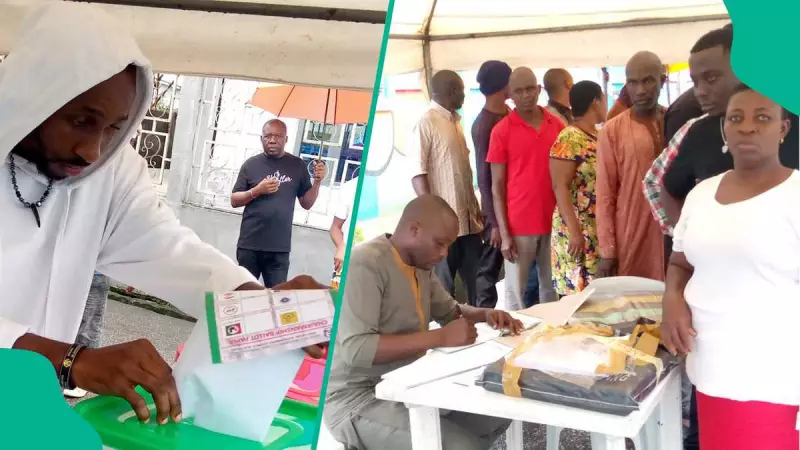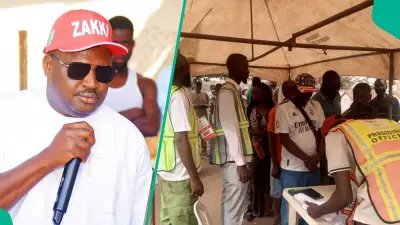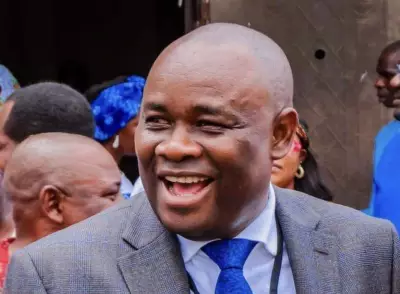
As Anambra State prepares for its crucial 2025 governorship election, Nigerian voters are gearing up to exercise their democratic rights in determining who leads their state. The process of electing state governors follows a distinct pattern that every citizen should understand.
Understanding Nigeria's Governorship Election Cycle
Unlike presidential elections that occur simultaneously nationwide, state governorship polls are staggered across Nigeria's 36 states. This system creates a continuous cycle of political engagement throughout the country.
The Independent National Electoral Commission (INEC) oversees these elections, ensuring they comply with constitutional requirements and electoral guidelines. Each state's election occurs within a four-year term, with winners serving a maximum of two terms.
Who Can Vote in State Elections?
To participate in choosing your state governor, you must meet these essential requirements:
- Be a Nigerian citizen aged 18 or above
- Possess a valid Permanent Voter's Card (PVC)
- Be registered in the state where you intend to vote
- Have your name appear in INEC's register for that constituency
The Voting Process Explained
On election day, voters follow these steps to cast their ballots:
- Proceed to your designated polling unit with your PVC
- Get accredited by INEC officials present
- Receive the governorship ballot paper
- Mark your preferred candidate in secret
- Cast your vote in the ballot box
- Wait patiently for vote counting and result announcement
Why Anambra's 2025 Election Matters
Anambra State's upcoming governorship election carries special significance for several reasons. As one of Nigeria's economic powerhouses, the state's leadership direction impacts commercial activities across the Southeast region and beyond.
Political analysts are closely watching how issues like security, infrastructure development, and economic policies will influence voter behavior. The election also serves as a crucial test for Nigeria's electoral reforms and INEC's preparedness for future polls.
What makes this election particularly interesting is the evolving political landscape in Southeastern Nigeria, where voters are increasingly prioritizing performance and accountability over traditional party affiliations.
Key Factors That Determine Election Outcomes
Several elements typically influence governorship election results across Nigerian states:
- Incumbent performance and track record
- Candidate popularity and acceptance
- Party strength and mobilization capacity
- Prevailing economic conditions
- Security situation in the state
- Youth engagement and voter turnout
As Anambra prepares for this democratic exercise, all eyes will be on how these factors play out in determining the state's next political direction.






